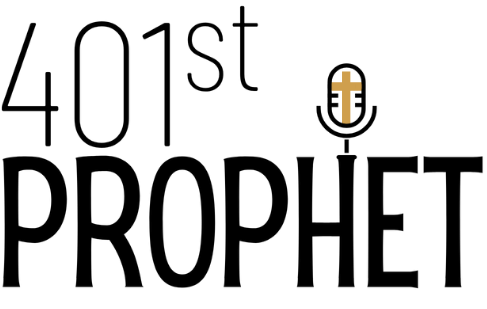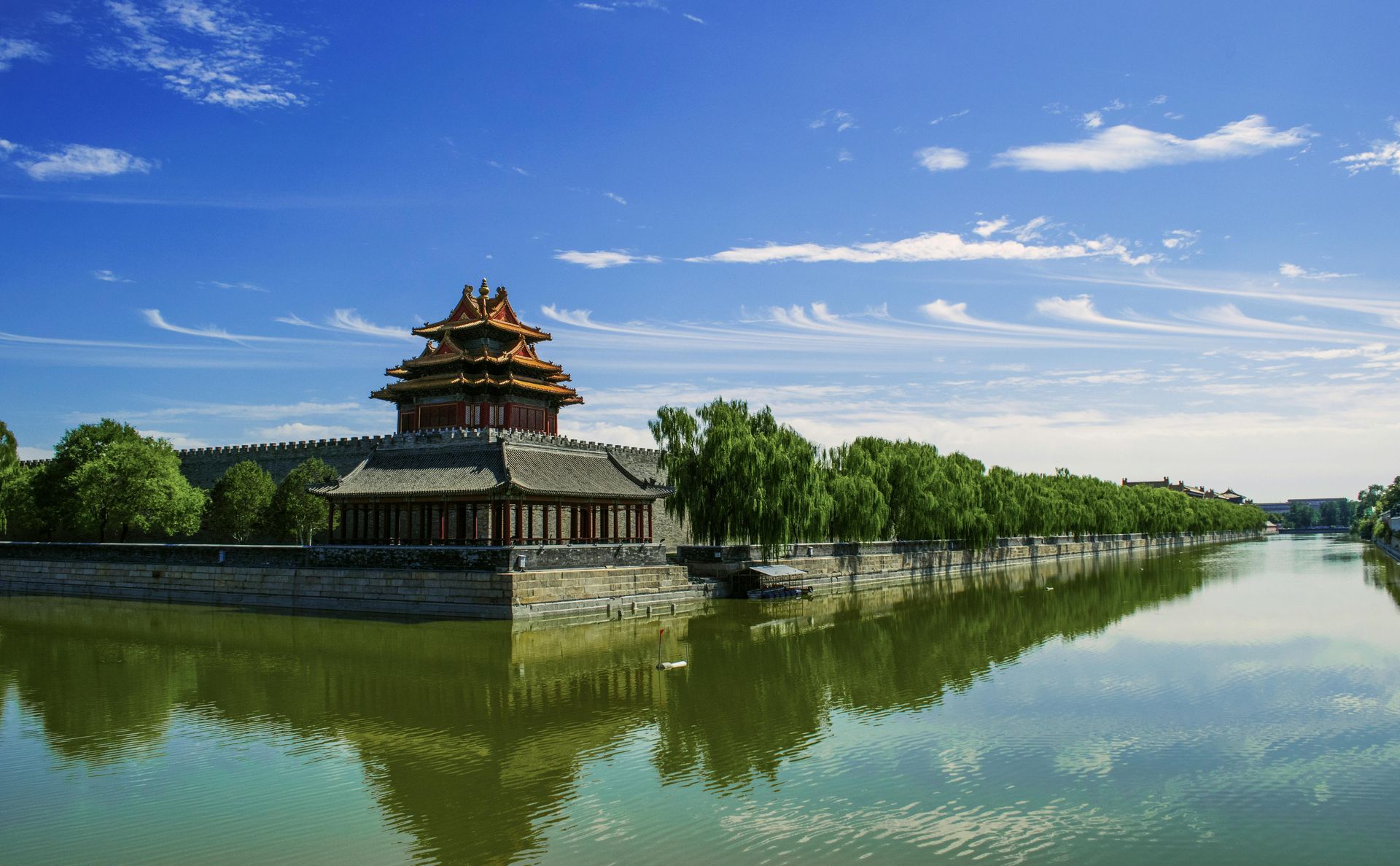Building the Greatest Culture in History: Holland Part 4
Holland Takes Us Into the High Middle Ages
Holland takes us now into the heart of the Middle Ages. There is a lot of misunderstanding about this period. When I was a student it was called the Dark Ages, and considered one of the dreariest periods in history. I have since learned that this is simply anti-Catholic and anti-Christian propaganda. The High Middle Ages, from about 1000-1300 A.D., was the most advanced period in the history of the world up to that point. It was economically the richest. It was politically the freest. It was scientifically and technologically the most sophisticated that had ever existed. It was when the greatest architectural masterpieces of all time were built—the great cathedrals of Europe.
Holland chronicles the emergence of the greatest and most powerful culture in history.
Chapter 9 is entitled: Revolution, A.D. 1076, Cambrai
At the beginning of the eleventh century heresy once again raised its ugly head and the church reacted against it. In fact, when a heretic was burned in Orleans it was the first time in history it had happened. The “heretics” were reacting to obvious corruption in the church. Bishop Hildebrand, later Pope Gregory VII, attacked heresy but also fought for the purity and power of the church. He demanded celibacy, not just of monks, but of the “secular” clergy as well. (A secular clergyman was simply one who wasn’t a monk. He was not at all secular in the way we use the word today.) Ordinary parish priests were required to practice celibacy. What Gregory sought was, in Holland’s words, a “Reformation.”
The biggest issue, the greatest of the age and one of the greatest in Western history, was the tensions between church and state. Who “invested” the clergy with their power and position? Was it king or church? Henry IV, the Holy Roman Emperor, called for Gregory to abdicate St. Peter’s throne so that he, Henry, could replace him with someone more to his liking. Gregory responded with a world-shaking decision. He “declared that Henry was bound with the ‘chain of anathema’ and excommunicated from the church. His subjects were absolved of all their oaths of loyalty to him. Henry himself, as a tyrant and enemy of God, was deposed. The impact of the pronouncement proved devastating. Henry’s authority went into meltdown.”
What arose out of this controversy was something brand new in Western culture. The distinction between the “secular” and the “religious,” which is why Holland calls it a turning point in world history—not just for Western culture but the whole world. It became a permanent part of the West’s understanding of itself. It is why Holland calls secularism a product of Christian culture. But another even more powerful idea had been introduced. Gregory had sought to bring all of society under the aegis of the church. He sought Reformation, not just for the church, but for all society. It was an idea that would reverberate down through the centuries. “The Latin West had been given its primal taste for revolution.” Many revolutions were to follow, not just in religion.
In the second half of this chapter Holland goes back to one of the prime causes of Gregory’s revolution—the Cluniac revival. “The most intoxicating of all the reformer’s slogans was libertas—freedom. One place more than any other served as its emblem: a monastery charged with a sense of holiness so strong that Gregory had taken it as his model for the entire Church.” That place was Cluny. In my Western Civ lectures over the years I have used Cluny as an example of how God can take a small number of people and use them to change the world. Cluny was a monastic order begun in A.D. 910 in southeast France by three college age men. What made it unique was its demand for independence from its local lord—Duke William. Cluny’s freedom from interference, the level of its commitment to high monastic standards, and the brilliance of its abbots, made it great. It led to the emergence of the High Middle Ages.
This reformation led to another world-altering event—the Crusades. Begun in 1095 the Crusaders accomplished a feat that sent a thrill through all Christendom—the recapture of Jerusalem. Holland devotes several paragraphs to the crusading spirit.
The Roman Catholic Church and the papacy found itself at the Zenith of its power and influence. It was “an institution of the kind never before witnessed: one that had not only come to think itself sovereign, but had willed itself into becoming so.” It was the glue that held medieval society together.
The High Middle Ages produced several of the most powerful ideas of all time. It created something else the world had never seen—the university. Yes, universities themselves were the creation of the High Middle Ages. Another world changing idea arose--all souls are equal in the sight of God and only from this theological assumption could true justice arise. The concept of “human rights” began to take shape.
And one more idea: This era produced giants like Peter Abelard who devoted his life to promoting the concept that “God’s order was rational and governed by rules.” This led naturally to the search for order in every discipline, including nature. What moderns call “science” was being created. To look for laws in nature was to “honor the Lord God who formulated them.” One of the greatest theologians of the age was Anselm who wrestled with theories of the atonement. “A distinctive order had arisen in the Latin West. Modernitas its enthusiasts called it. The final age of time.” The great thinkers of the High Middle Ages considered themselves the pinnacle of human civilization and accomplishment. And they were right, at least up to that time. Think about it. The university, universal human rights, and science were all creations of the so-called dark ages.










